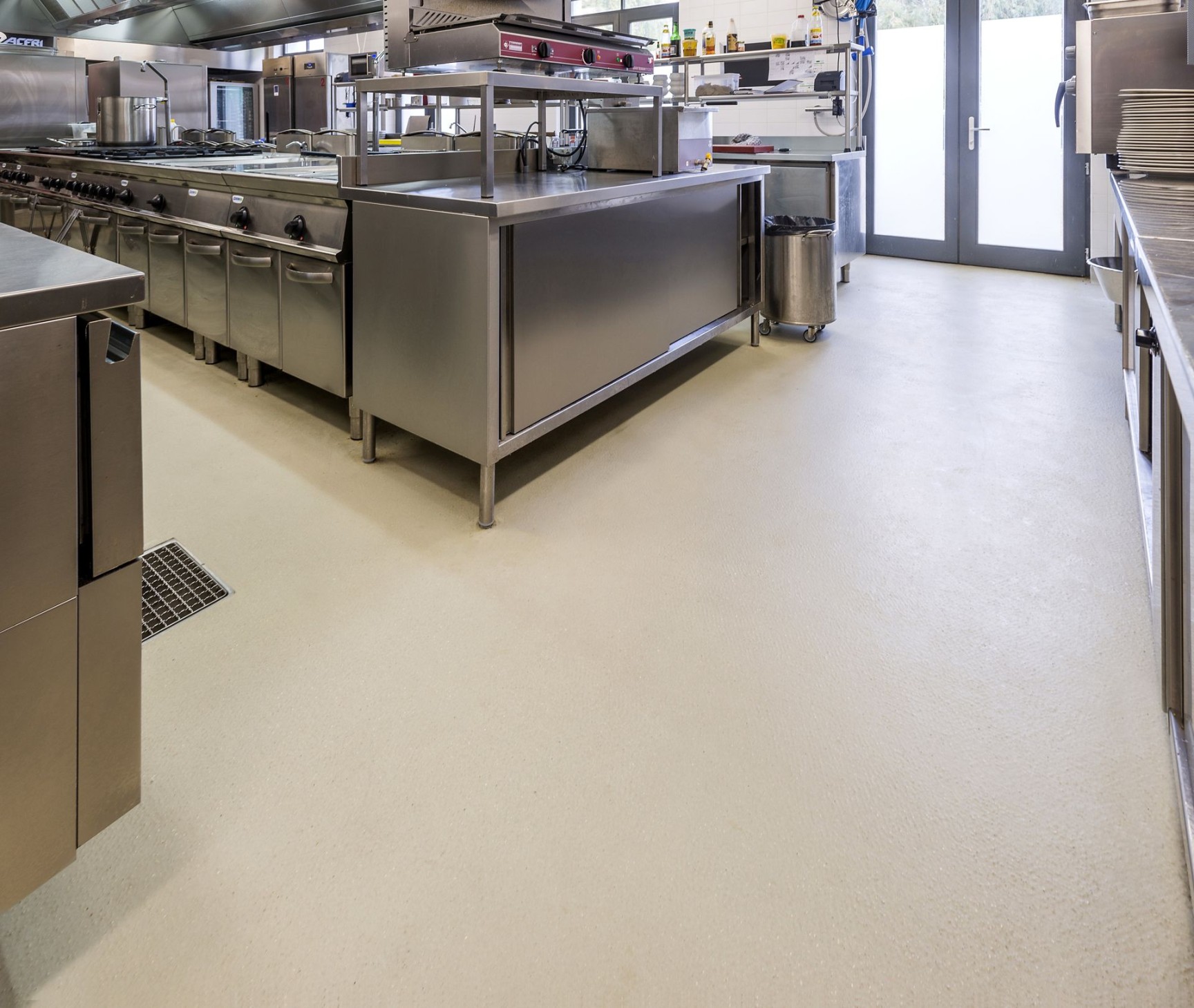What Are the Most Important Food Safety Features to Look for When Selecting Flooring
Food safety is a paramount concern in any kitchen, especially for those passionate about gardening. The right flooring can significantly impact hygiene and overall food safety. Here are the key features to look for when selecting flooring for your garden kitchen or food preparation area:

1. Easy to Clean and Sanitize:
Non-porous Materials: Opt for non-porous materials like tile, linoleum, or certain types of vinyl. These surfaces are less likely to harbor bacteria and are easier to clean.
Seamless Design: Minimize gaps and crevices where dirt and bacteria can accumulate. Seamless flooring options, such as sheet vinyl or epoxy coatings, can help maintain a clean environment.
2. Durable and Resistant to Wear and Tear:
Heavy-Duty Materials: Choose flooring that can withstand heavy foot traffic, dropped utensils, and spills. Commercial-grade materials like porcelain tile or rubber flooring are excellent choices.
Scratch Resistance: Look for scratch-resistant finishes to prevent damage from knives, pots, and other sharp objects.

3. Slip-Resistant Surface:
Textured Finishes: Opt for flooring with textured surfaces that provide traction, especially in wet areas.
Anti-Slip Coatings: Consider applying anti-slip coatings to smooth surfaces to enhance safety.
4. Water-Resistant and Moisture-Resistant:
Waterproof Core: Look for flooring with a waterproof core to prevent water damage and mold growth.
Quick-Drying Properties: Choose materials that dry quickly to minimize the risk of slipping and accidents.
5. Chemical Resistance:
Stain Resistance: Select flooring that can withstand exposure to cleaning chemicals and food spills.
Chemical-Resistant Coatings: Consider applying protective coatings to enhance resistance to harsh chemicals.
6. Hygienic and Antimicrobial Properties:
Antimicrobial Treatments: Look for flooring treated with antimicrobial agents to inhibit bacterial growth.
Easy-to-Clean Surfaces: Choose materials that are easy to clean and disinfect.
7. Comfortable and Ergonomic:
Standing Comfort: Consider the comfort of standing for long periods. Cushioned flooring or anti-fatigue mats can help reduce fatigue.
Ergonomic Design: Opt for flooring that is easy on the joints and back.
Conclusion:
By carefully considering these factors, you can select flooring that promotes food safety, durability, and comfort in your garden kitchen. Prioritizing hygiene and ease of cleaning will help maintain a safe and efficient food preparation environment.

